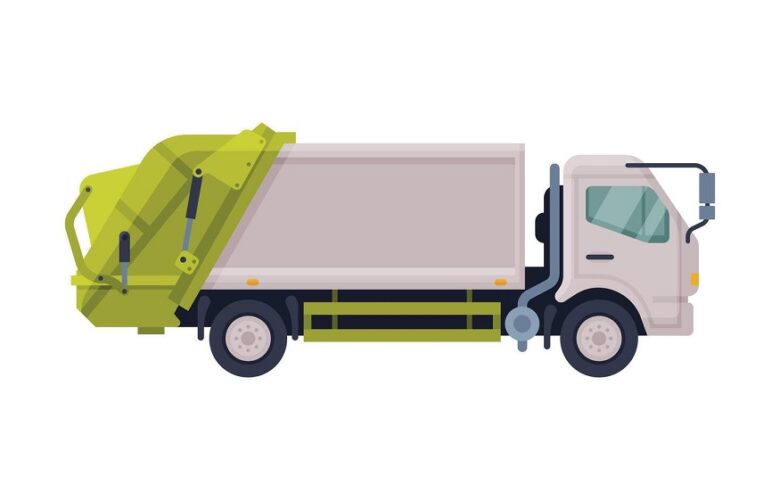The banking sector has undergone a significant digital transformation, making financial services more accessible than ever before. The advent of digital savings accounts is a prime example of this evolution, allowing you to open savings accounts online from the comfort of your own home. While the process is paperless, it still requires specific Know Your Customer (KYC) documents to verify your identity and address as mandated by the Reserve Bank of India (RBI).
Why KYC is essential
KYC (Know Your Customer) is a mandatory process for all banks and financial institutions in India. It helps prevent fraud, money laundering, and other financial crimes by verifying the identity and address of every customer. Without KYC, you cannot open a savings account or access most financial services.
Understanding these KYC requirements is crucial for a smooth and swift account opening experience. Here’s a breakdown of the essential documents you will need:
Key KYC documents required
When you open savings account online, you generally need to provide two main types of documents:
Proof of identity
This document confirms who you are. Acceptable proofs of identity include:
- Aadhaar Card (with your photograph)
- PAN Card
- Passport
- Voter ID Card
- Driving Licence
These government-issued IDs contain your name, photograph, and a unique identification number, making them reliable for identity verification.
Proof of address
This document verifies where you live. Commonly accepted proofs of address are:
- Aadhaar Card (if the address is current)
- Passport
- Utility Bill (electricity, water, or gas bill, usually from the last three months)
- Bank Statement
- Rental Agreement
- Voter ID Card
- Driving Licence
Some documents, such as the Aadhaar card, passport, or driving license, can serve as both proof of identity and address if the details are up to date.
Proof of income (if required)
While not always necessary for a basic savings account, some banks might ask for income proof if you’re opening accounts with higher transaction limits or applying for additional services. Acceptable documents include:
- Salary slips
- Income tax returns
- Bank passbook
The digital KYC process
With advancements in technology, most banks now offer e-KYC and Video KYC for online account opening:
- E-KYC: Uses Aadhaar-based OTP authentication for instant verification.
- Video KYC: Involves a live video call with a bank representative where you display your ID documents and answer a few questions to confirm your identity.
To complete digital KYC, you will need:
- A device (smartphone, tablet, or computer) with a camera and internet access.
- Your Aadhaar and PAN details.
- A mobile number linked to your Aadhaar for OTP verification.
Here are essential tips to remember:
- Ensure your documents are valid, up-to-date, and legible.
- The address on your proof must match the current address of your residence.
- For minors, the guardian’s KYC documents are required if the minor is unable to operate the account independently.
- If you do not wish to use your Aadhaar for e-KYC, you can still open a savings account by visiting a branch and submitting alternative documents.
Conclusion
The process of opening a savings account online has been significantly streamlined thanks to these digital verification methods. By keeping your Aadhaar card (with a linked mobile number), PAN card, a device with a camera, and a pen and paper handy, you can complete the entire account opening process in a matter of minutes. This convenience, coupled with the robust security measures implemented by banks, makes digital savings accounts a popular and efficient choice for modern banking in India.




